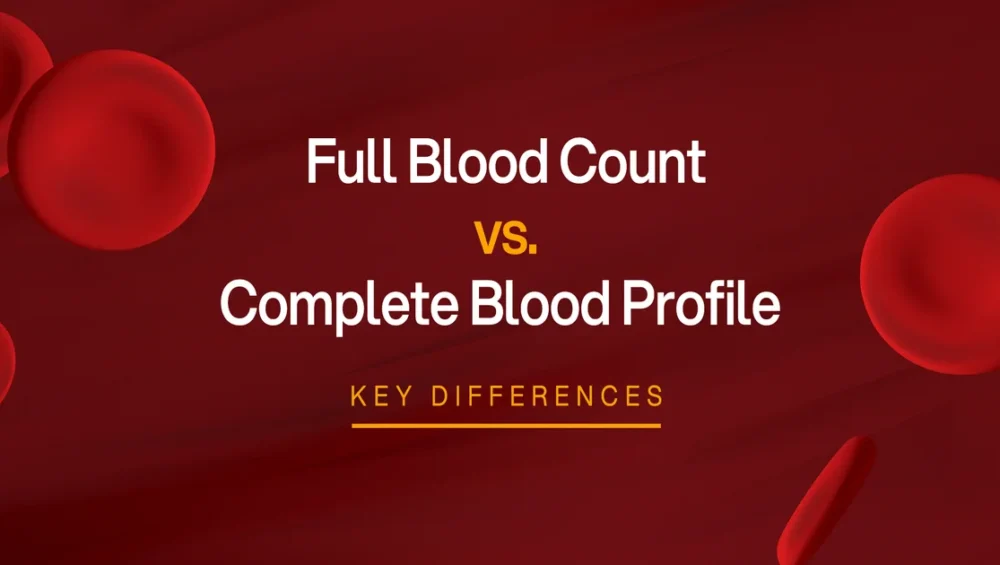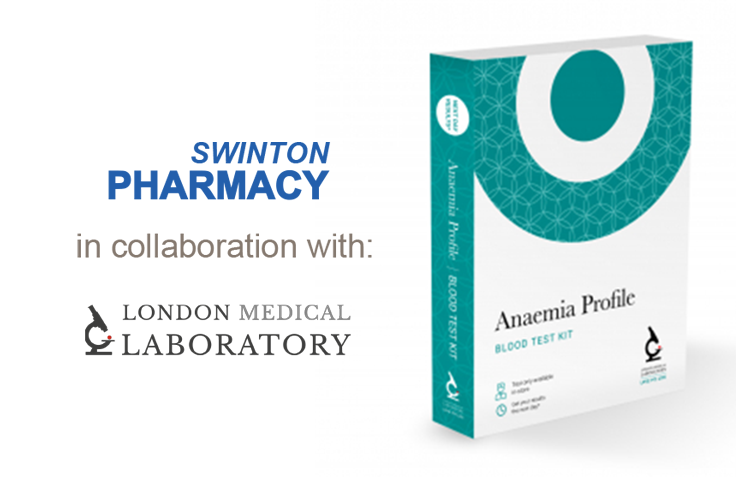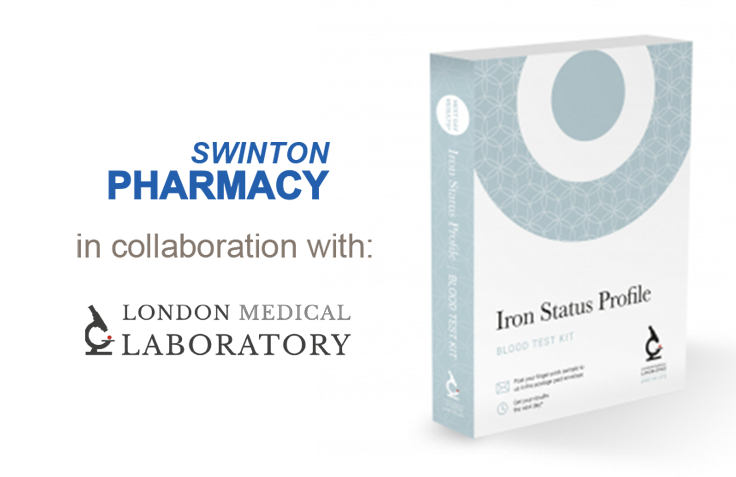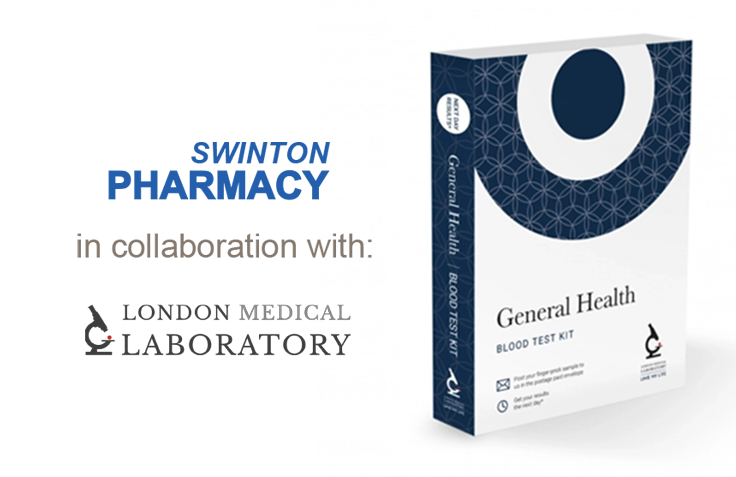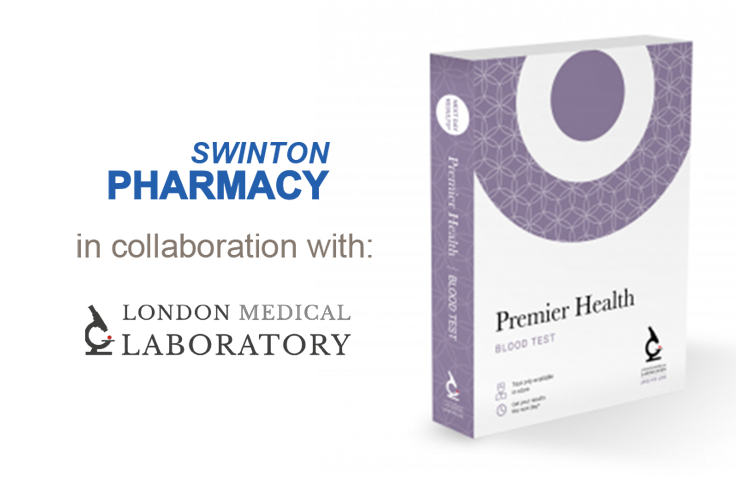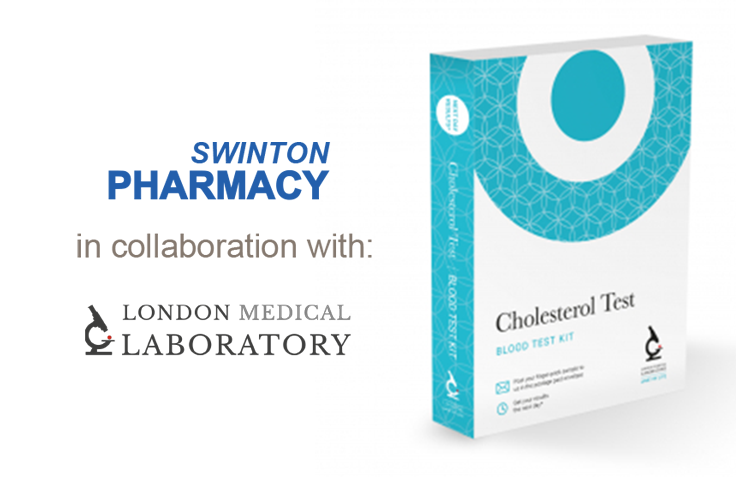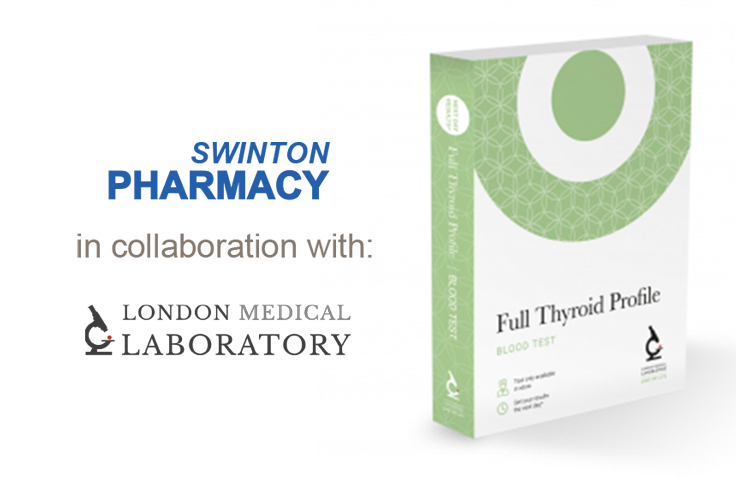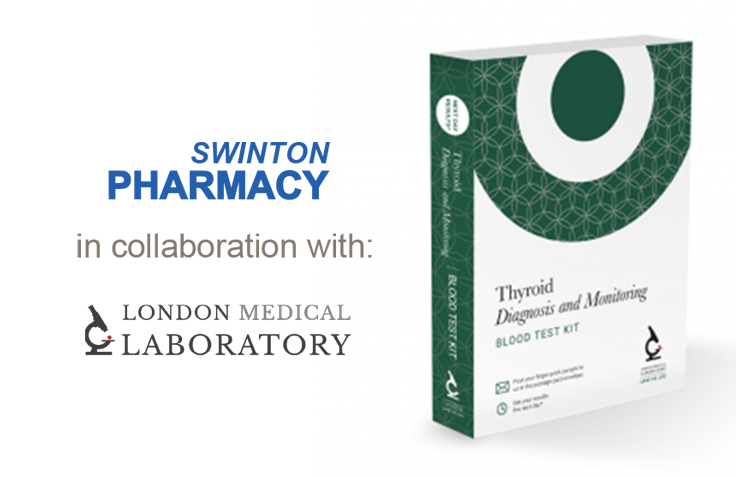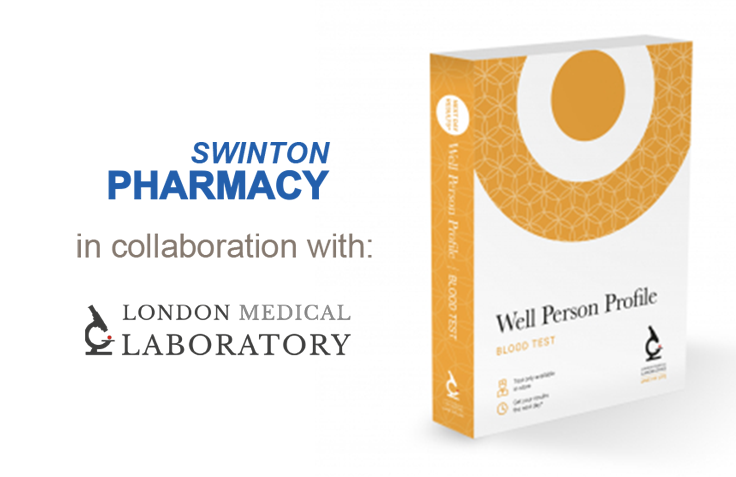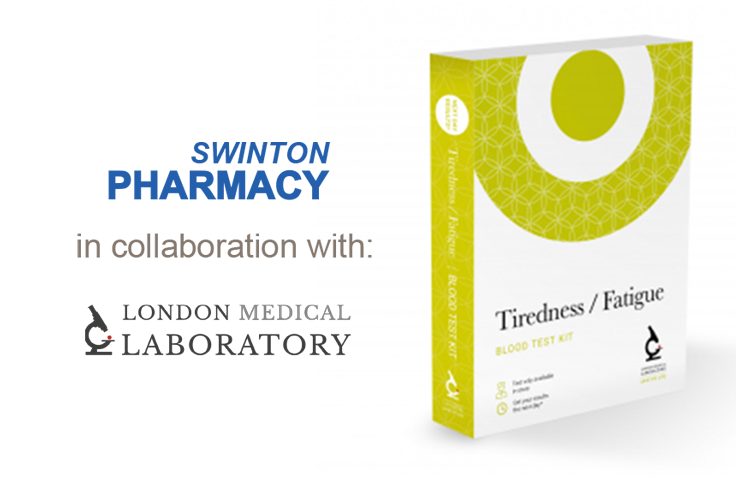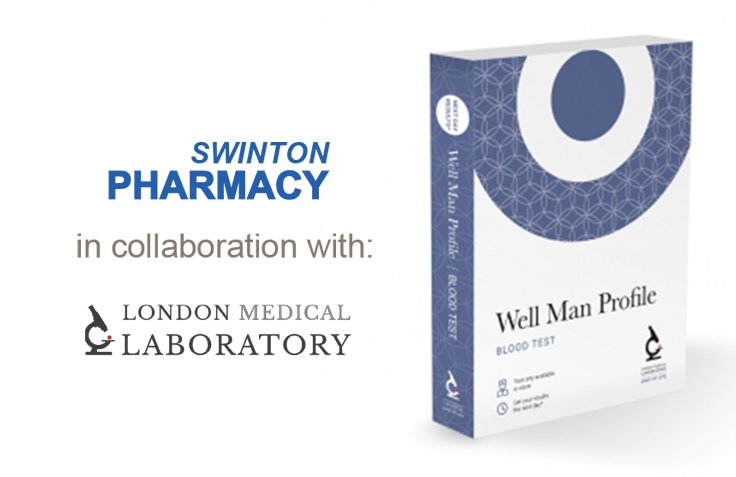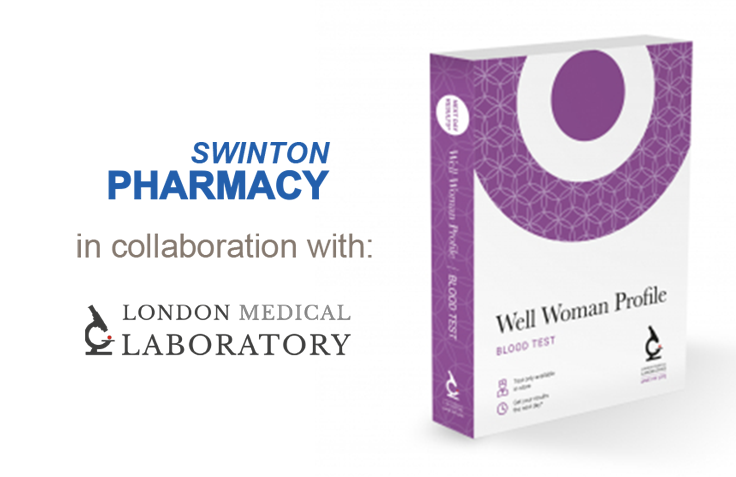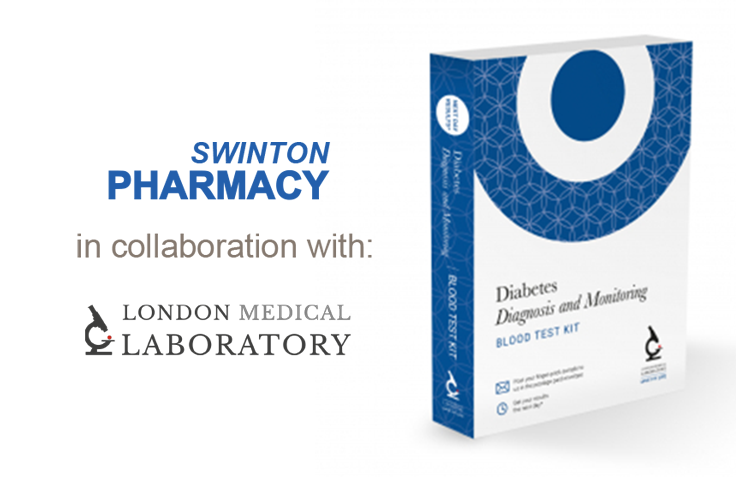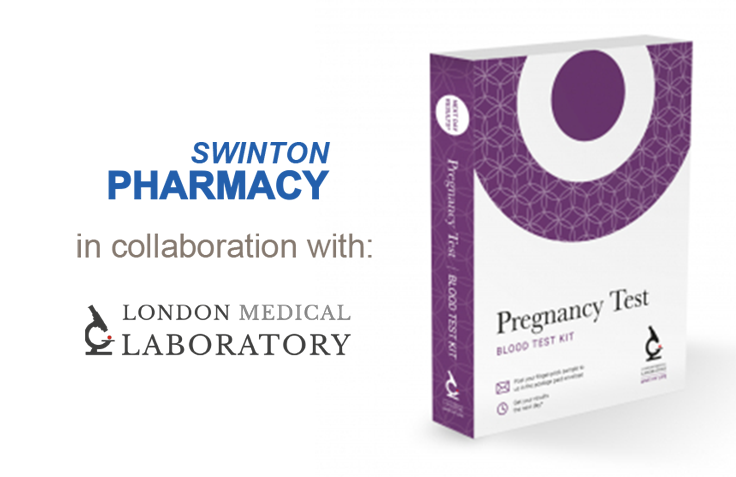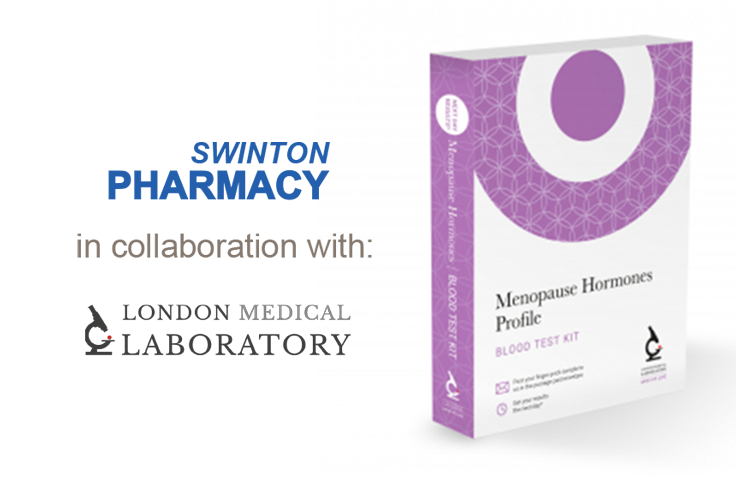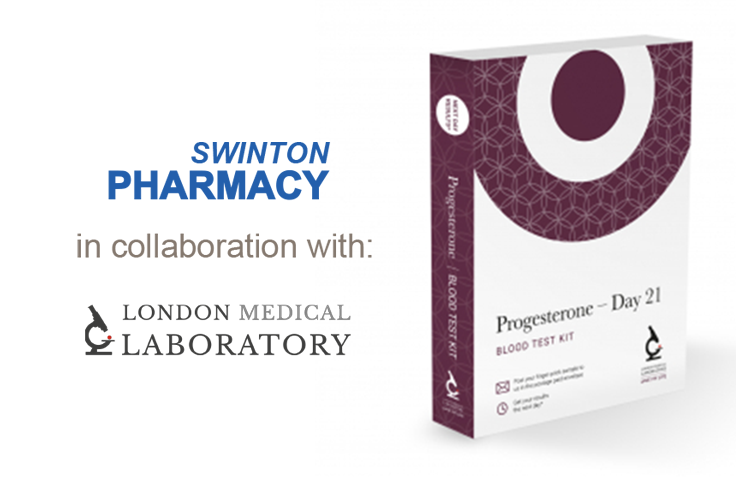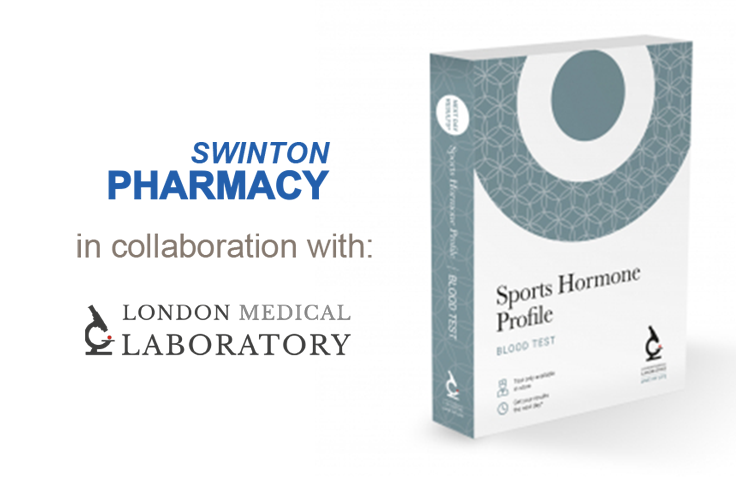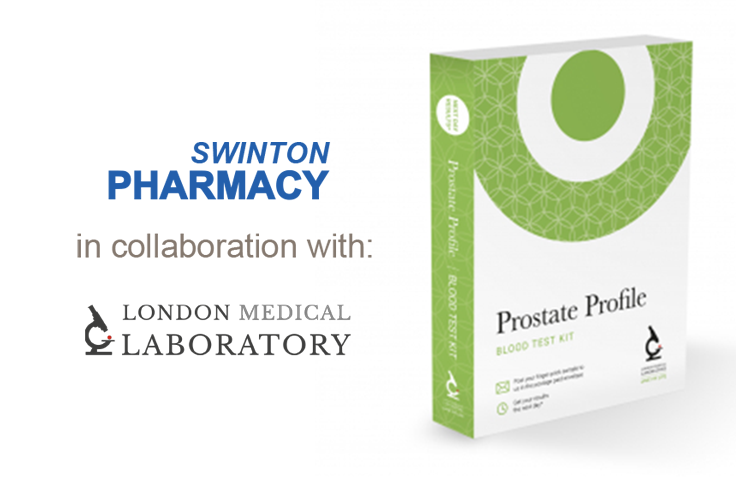Blood tests are one of the most common ways doctors check your health. They can reveal important details about your body, from how well your organs are working to whether you have an infection. In the UK, two terms you may often hear are Full Blood Count (FBC) and Complete Blood Profile (CBP). While they sound similar, they are not the same test. Understanding the difference can help you know which test is right for you.
What Is a Full Blood Count (FBC)?
The Full Blood Count (FBC) is among the most commonly ordered blood tests in the UK. It looks closely at your blood cells and gives doctors key information about your overall blood health.
It measures:
- Red blood cells – to check for anaemia.
- White blood cells – to spot possible infections or immune system problems.
- Platelets – to see how well your blood clots.
- Haemoglobin and haematocrit – to measure oxygen-carrying capacity.
Doctors often use this test to investigate tiredness, weakness, frequent infections, or unusual bruising.
What Is a Complete Blood Profile (CBP)?
A Complete Blood Profile is a broader health check compared to a standard Full Blood Count. It’s worth noting that “Complete Blood Profile” is not an officially recognised medical term for one specific test. Instead, different providers use it to describe a bundle of tests designed to give you a more complete picture of your overall health.
In most cases, a CBP will include a Full Blood Count (FBC) plus additional tests such as:
- Liver function tests – help assess how efficiently your liver is working and identify issues like fatty liver or hepatitis.
- Kidney function tests – to assess how effectively your kidneys are filtering waste and balancing fluids.
- Cholesterol and lipid levels – to measure heart health and spot risks for cardiovascular disease.
- Blood glucose – to monitor sugar levels and detect diabetes or prediabetes.
- Thyroid function tests – used to determine if your thyroid is producing too much or too little hormone, which may lead to tiredness, weight fluctuations, or emotional changes.
- Vitamin and mineral levels – such as Vitamin D, B12, and iron, which play a vital role in energy, immunity, and overall well-being.
In short, a Full Blood Count (FBC) checks red and white cells, platelets, and haemoglobin to spot anaemia, infection, or clotting issues. A Complete Blood Profile (CBP), on the other hand, includes FBC plus liver, kidney, cholesterol, glucose, thyroid, and vitamin tests for a broader health MOT.
Difference Between Full Blood Count and Profile
Feature | Full Blood Count (FBC) | Complete Blood Profile (CBP) |
Focus | Blood cells only | Overall health, including organs and metabolism |
Checks | Red cells, white cells, platelets, haemoglobin, haematocrit | FBC plus liver, kidney, cholesterol, glucose, thyroid, vitamins |
Use | Diagnosing anaemia, infection, and blood disorders | General health screening, monitoring long-term conditions |
Scope | Narrower | Broader, more detailed |
Time to Results | Usually fast (same-day or next-day) | May take longer due to multiple tests |
Cost | Lower, more affordable | Higher, as it covers more checks |
Best For | Specific symptoms like tiredness, infections, or bruising | Full health MOT, long-term condition monitoring, preventive care |
Referral Needed? | No (can be booked directly) | No (can be booked directly) |
When Do Doctors Recommend Each Test?
Full Blood Count (FBC)
Doctors often recommend an FBC when you have symptoms like constant tiredness, frequent infections, dizziness, or unexplained bruising. It’s a good first step because it quickly shows whether your blood cells are healthy and if issues like anaemia, infection, or clotting problems might be the cause.
Complete Blood Profile (CBP)
A CBP is usually suggested for people who want a full health MOT. It’s helpful if you’re managing long-term conditions such as diabetes, thyroid issues, or high cholesterol. It’s also useful if you don’t have specific symptoms but want reassurance about your overall health. This test gives a broader picture, covering not just your blood cells but also how well your organs and metabolism are working.
Cost of Private Blood Tests in Manchester
Swinton Pharmacy offers different types of blood tests in Manchester. Here are some of the tests:
Conclusion
While a Full Blood Count and a Complete Blood Profile may sound alike, they serve different purposes. A Full Blood Count looks at your blood cells, while a Complete Blood Profile gives a broader picture of your overall health. Choosing the right test depends on what you want to check and your health needs.
Book your private blood test today with Swinton Pharmacy for reliable results and peace of mind.
Frequently Asked Questions
What is the difference between a Full Blood Count (FBC) and a Complete Blood Profile (CBP)?
A Full Blood Count (FBC) checks your blood cells, including red cells, white cells, platelets, and haemoglobin, to find anaemia, infections, or clotting problems. A Complete Blood Profile (CBP) includes all FBC tests plus checks for liver, kidney, cholesterol, blood sugar, thyroid, and vitamins for a fuller view of your health.
When should I get a Full Blood Count (FBC)?
Doctors usually recommend an FBC if you feel tired, dizzy, have frequent infections, or notice unexplained bruising. It helps quickly identify blood-related issues.
What tests are included in a Complete Blood Profile (CBP)?
A CBP includes everything in an FBC and adds tests for liver and kidney function, cholesterol, blood sugar, thyroid, and key vitamins and minerals to assess overall health.
Can I book these tests privately at Swinton Pharmacy in Manchester?
Yes. Both FBC and CBP tests are available without a GP referral. You can choose the test that fits your needs for either symptom checks or general health monitoring.
How long does it take to get results?
FBC results are usually ready the same day or the next day. CBP results may take a little longer because more tests are included. Swinton Pharmacy will let you know the expected turnaround time when you book.

